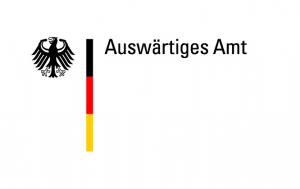The Project
How do Deutsche Auslandsschulen (DAS) around the world engage with educational technology? More specifically: What media do teachers and learners use, produce, modify etc. in their everyday practices in different DAS?
How are German educational contents discussed, contested and appropriated in various contexts beyond Germany’s borders, and with what consequences?
What opportunities arise for developing new educational media, adapted to the situated practices of learners and teachers at DAS?
In DAS @ GEI we explore a variety of topics that aim to provide answers to these questions while exploring key societal topics in our rapidly changing world: diversity, inclusion, digitalization, innovation, global citizenship.
The GEI’s approach to DAS is pluri-disciplinary, multi-sited, and ethnographic. In a series of studies which started in 2016, the GEI has been exploring practices and discourses at DAS through different research foci:
- In DASinklusiv we focus on diversity, particularly in schools that have been awarded an ‘Inclusive school’ certificate
- In digDAS we focus on digital practices and the use of digital media, particularly in schools that have received an Innovation prize.
- In globalDAS we focus on practices and ideals of global citizenship enacted particularly in schools that promote a more or less explicit global ethos
Based on our research on, and work in, these schools, we also continuously reflect on and develop educational content/material that are specifically designed to provide appropriate impulses for teaching and learning in DAS.
The Leibniz-Institute for Educational Media | Georg-Eckert-Institute (GEI)
The Leibniz-Institute for Educational Media | Georg-Eckert-Institute (GEI) conducts applied and multidisciplinary research into textbooks and educational media, informed primarily by history and cultural studies. It also provides advisory services to national and international education policymakers, practitioners and organizations, and frequently conducts studies supported by the Federal Foreign Office into issues of current interest.
Funded by:
